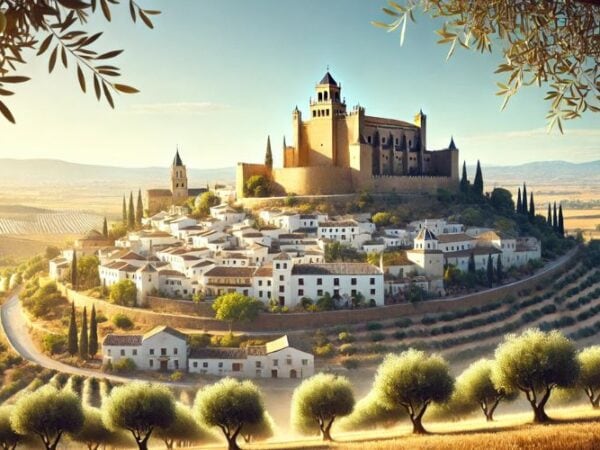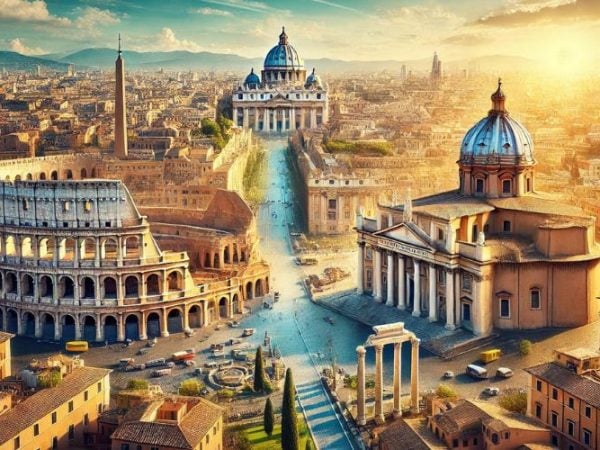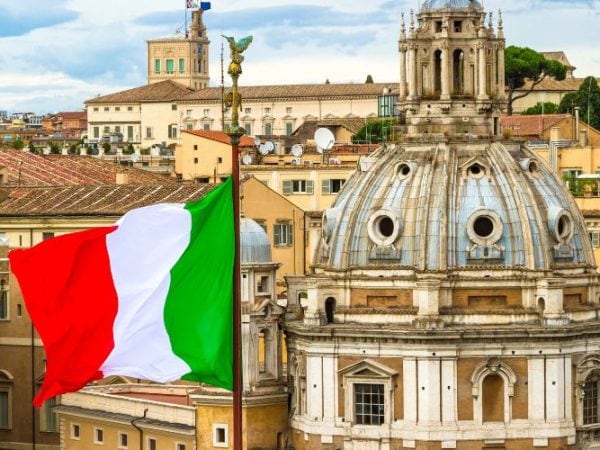Briefly
The concept of a route carries significant symbolism as it often represents the journey of life, a path to self-discovery, and the choices individuals make. Routes can symbolize direction, purpose, and the idea of progress or movement towards a goal. They can be seen as metaphors for life’s journey, illustrating the various challenges and decisions one faces along the way. Routes often carry the connotation of exploration, adventure, and the unknown, inviting individuals to embark on new experiences and personal growth.
- Symbolism: life’s journey, self-discovery, choices, direction, purpose, progress, exploration, adventure.
Route in Dreams
In dreams, routes often symbolize the path one is currently taking in life, reflecting the dreamer’s sense of direction, progress, or uncertainty about the future. The condition of the route—whether smooth or difficult—can mirror the individual’s emotional state or life circumstances. A clear, open route might suggest confidence and clarity, while a blocked or winding path could indicate challenges or confusion. Dreaming of navigating a route may also reflect a desire for change or the need to make important decisions.
- Symbolism: current life path, direction, progress, uncertainty, emotional state, confidence, challenges, desire for change.
See also our Free Dream Interpretation Tool.
Route in Tattoo
A route tattoo can symbolize an individual’s personal journey, representing the paths taken and the goals pursued. Often chosen by adventurers or those who have overcome significant challenges, these tattoos can serve as a reminder of the journey itself rather than the destination. They may also reflect a love for travel, exploration, or a commitment to personal growth and change. People who choose route tattoos often personalize them with specific symbols or landmarks that hold personal significance, making each design uniquely meaningful.
- Symbolism: personal journey, paths taken, goals, adventure, overcoming challenges, travel, exploration, personal growth.
Route in Myths and Folklore
In many legends, routes are depicted as pathways to the unknown, symbolizing the trials and tribulations faced by the hero. For instance, in the epic of Gilgamesh, the protagonist’s route through the Cedar Forest and the journey to the end of the world illustrate the challenges and discoveries inherent in the quest for immortality. Such narratives emphasize the route as a critical element of the hero’s journey, where each twist and turn represents a step towards enlightenment and personal development.
Folklore often uses routes to convey moral lessons or spiritual insights, with travelers encountering mystical beings or divine interventions along their path. For example, in the story of the Pilgrim’s Progress, the protagonist’s route symbolizes the Christian path to salvation, highlighting the trials and perseverance required to reach spiritual fulfillment. These stories underscore the route as more than just a physical path but a journey of spiritual and moral significance.
- Symbolism: pathways to the unknown, trials, hero’s journey, enlightenment, personal development, moral lessons, spiritual insights.



